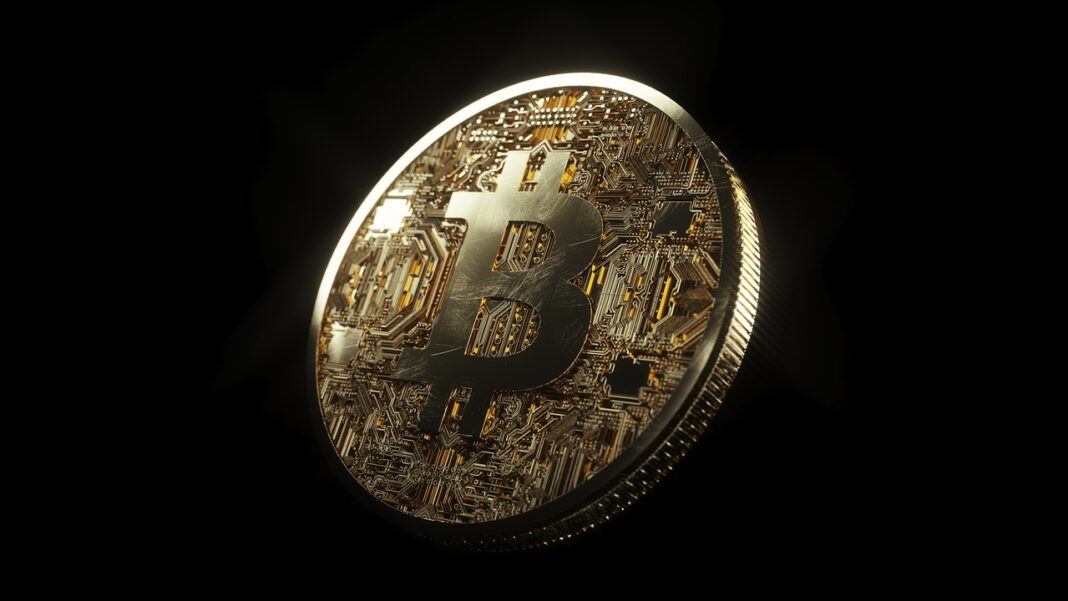DeFi, or Decentralized Finance, is rapidly reshaping the financial landscape, offering innovative alternatives to traditional banking and investment services. As the DeFi ecosystem continues to expand, understanding the top DeFi coins is crucial for anyone looking to participate in this revolutionary space. This blog post dives deep into some of the leading cryptocurrencies powering the DeFi movement, exploring their functionalities, benefits, and potential risks.
Understanding DeFi and Its Key Components
What is Decentralized Finance (DeFi)?
DeFi refers to financial applications built on blockchain technology, primarily Ethereum. These applications aim to remove intermediaries, such as banks and brokerages, offering peer-to-peer financial services like lending, borrowing, trading, and yield farming. DeFi protocols utilize smart contracts to automate these processes, enhancing transparency and efficiency.
- Key Features of DeFi:
Decentralization: Operates without central control.
Transparency: Transactions and smart contracts are publicly auditable.
Immutability: Smart contracts cannot be altered once deployed.
Composability: DeFi protocols can be easily combined to create new financial products.
The Role of DeFi Coins
DeFi coins are the native cryptocurrencies of DeFi platforms. They serve various purposes, including governance, staking, collateral, and incentivizing network participation. The performance of these coins often reflects the overall health and adoption of their respective DeFi protocols. For example, tokens used for governance allow holders to vote on proposed changes and influence the platform’s future. Staking coins provides the token holder with rewards while simultaneously helping secure the network.
Top DeFi Coins to Watch
Ethereum (ETH)
While not strictly a DeFi coin, Ethereum is the foundation upon which most DeFi protocols are built. ETH is used to pay transaction fees (gas) on the Ethereum network and serves as collateral in many DeFi applications.
- Why Ethereum is Crucial for DeFi:
Smart Contract Functionality: Ethereum’s smart contract capabilities enable the creation of complex DeFi applications.
Large Ecosystem: The largest and most established DeFi ecosystem resides on Ethereum.
Ongoing Development: The Ethereum community is constantly working on improvements and scalability solutions, like the transition to Proof-of-Stake.
Chainlink (LINK)
Chainlink is a decentralized oracle network that provides real-world data to smart contracts. This data is crucial for DeFi protocols to function correctly, especially those dealing with pricing, interest rates, and other external information.
- How Chainlink Powers DeFi:
Secure Data Feeds: Provides reliable and tamper-proof data from off-chain sources.
Enables Complex Financial Products: Allows DeFi protocols to interact with real-world events and data.
Wide Adoption: Used by many leading DeFi platforms.
Example: A lending protocol might use Chainlink to determine the current market price of collateral assets.
Aave (AAVE)
Aave is a decentralized lending and borrowing protocol that allows users to earn interest on deposits and borrow various cryptocurrencies. AAVE is the governance token of the Aave protocol, allowing holders to vote on protocol upgrades and governance proposals.
- Key Features of Aave:
Flash Loans: Uncollateralized loans that must be repaid within the same transaction block.
Interest Rate Flexibility: Offers both stable and variable interest rates.
Governance Token: AAVE holders have voting rights and can participate in the protocol’s governance.
Practical Example: A user can deposit stablecoins like USDC on Aave and earn interest, or they can borrow other cryptocurrencies by providing collateral.
Uniswap (UNI)
Uniswap is a decentralized exchange (DEX) that uses an automated market maker (AMM) model. UNI is the governance token of Uniswap, allowing holders to vote on protocol changes and participate in governance decisions.
- How Uniswap Works:
Automated Market Maker (AMM): Uses liquidity pools to enable trading without order books.
Liquidity Provider Incentives: Rewards users who provide liquidity to the pools.
Governance Token: UNI holders can vote on protocol upgrades and fee structures.
Example: A user can swap ETH for DAI directly on Uniswap without needing a centralized exchange. They can also provide liquidity to the ETH/DAI pool and earn a portion of the trading fees.
Maker (MKR)
MakerDAO is a decentralized autonomous organization (DAO) that issues the DAI stablecoin. MKR is the governance token of MakerDAO and is used to stabilize the DAI stablecoin’s value.
- Key Aspects of MakerDAO and MKR:
DAI Stablecoin: A decentralized stablecoin pegged to the US dollar.
Collateralized Debt Positions (CDPs): Users can lock up collateral (e.g., ETH) to generate DAI.
Governance Token: MKR holders vote on risk parameters and governance proposals to maintain the stability of DAI.
* Example: A user locks up ETH in a Maker Vault (formerly CDP) to generate DAI. If the value of ETH drops too low, the Vault can be liquidated to ensure DAI remains pegged to the dollar.
Risks and Considerations
Volatility
DeFi coins are subject to significant price volatility, which can lead to substantial gains or losses. The value of these tokens is often influenced by market sentiment, regulatory developments, and the overall performance of the DeFi ecosystem.
Smart Contract Risks
DeFi protocols rely on smart contracts, which are vulnerable to bugs and exploits. A security breach can result in the loss of funds for users of the protocol.
Impermanent Loss
Liquidity providers on AMMs like Uniswap can experience impermanent loss, which occurs when the value of the assets in a liquidity pool diverges.
Regulatory Uncertainty
The regulatory landscape for DeFi is still evolving, and new regulations could impact the functionality and legality of DeFi protocols.
Conclusion
The DeFi space offers exciting opportunities for innovation and financial inclusion, and understanding the top DeFi coins is essential for navigating this dynamic landscape. While DeFi presents risks, it also has the potential to revolutionize the financial system. By staying informed, conducting thorough research, and practicing risk management, you can make informed decisions and participate in the growth of the DeFi ecosystem. Remember to always do your own research (DYOR) before investing in any cryptocurrency.




